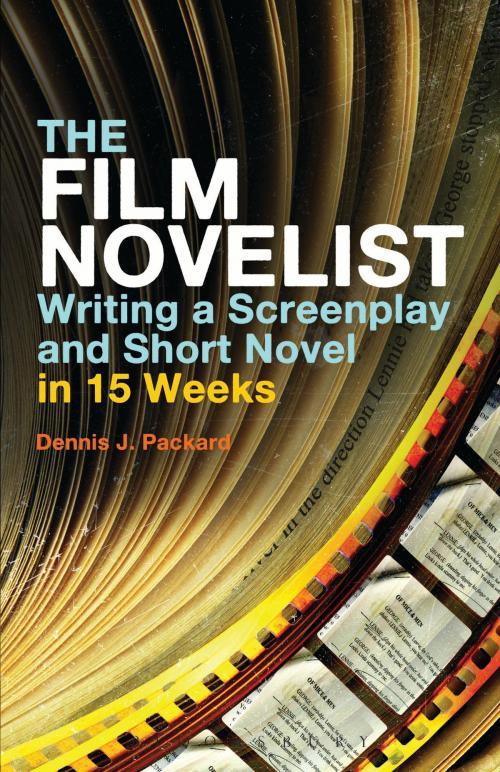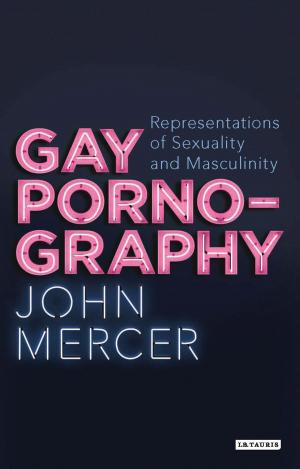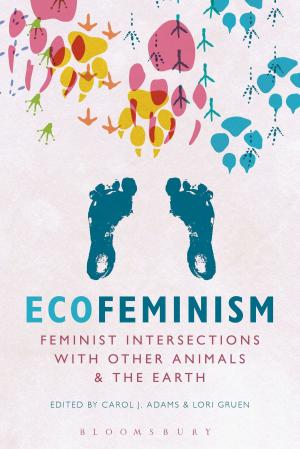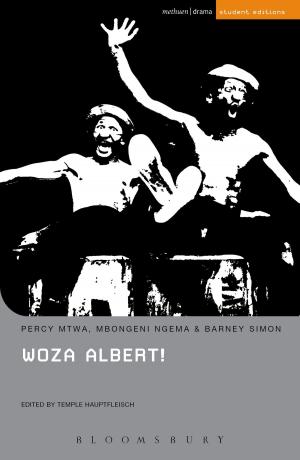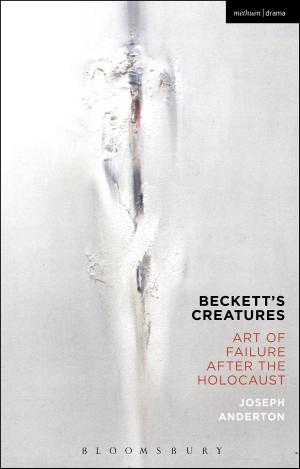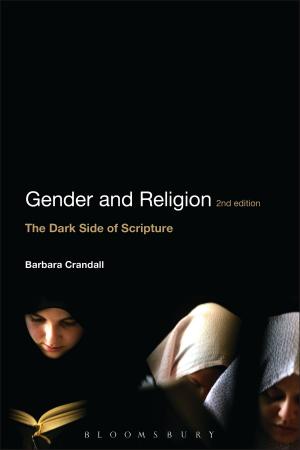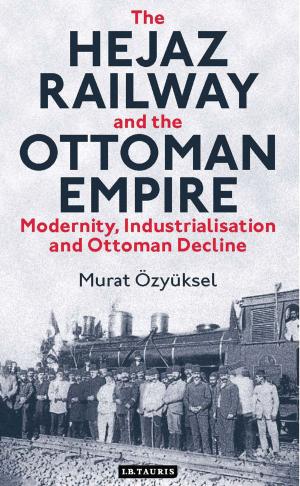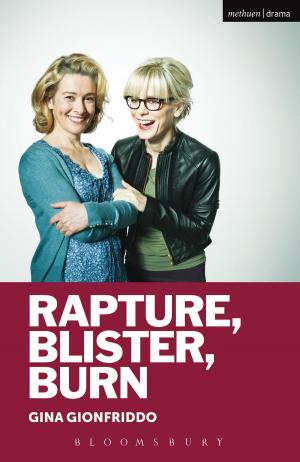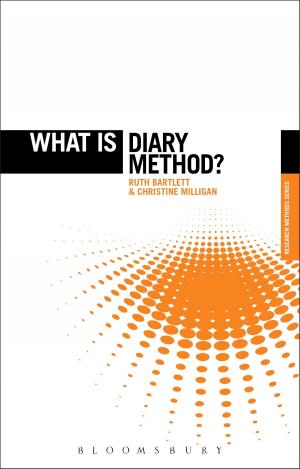The Film Novelist
Writing a Screenplay and Short Novel in 15 Weeks
Nonfiction, Entertainment, Film, Screenwriting, Performing Arts| Author: | Dennis J. Packard | ISBN: | 9781441190680 |
| Publisher: | Bloomsbury Publishing | Publication: | September 8, 2011 |
| Imprint: | Continuum | Language: | English |
| Author: | Dennis J. Packard |
| ISBN: | 9781441190680 |
| Publisher: | Bloomsbury Publishing |
| Publication: | September 8, 2011 |
| Imprint: | Continuum |
| Language: | English |
The Film Novelist is the first primer on writing film novels- whether you are a beginning novelist, a seasoned writer wanting to cross over into script/novel writing, or a creative writing teacher looking for proven ways to launch new writers.
So, what is the difference between a screenplay and a film novel? Screenplays indicate solely what the audience is to see or hear on screen. Film novels are short, and take about as long to read as a feature film takes to watch. The description, dialogue, and narration of a film novel can simply be lifted out and used as the description, dialogue, and voice-over narration for a script.
The author has devised a fifteen week program starting from a one-sentence pitch to the novel itself, which includes filming a scene from your script/novel. He grounds the discussion of early film novels, like The Maltese Falcon, Of Mice and Men, and The Misfits, to provide historical and theoretical background while detailing the practical, sequential approach for completing a short novel and script.
The Film Novelist is the first primer on writing film novels- whether you are a beginning novelist, a seasoned writer wanting to cross over into script/novel writing, or a creative writing teacher looking for proven ways to launch new writers.
So, what is the difference between a screenplay and a film novel? Screenplays indicate solely what the audience is to see or hear on screen. Film novels are short, and take about as long to read as a feature film takes to watch. The description, dialogue, and narration of a film novel can simply be lifted out and used as the description, dialogue, and voice-over narration for a script.
The author has devised a fifteen week program starting from a one-sentence pitch to the novel itself, which includes filming a scene from your script/novel. He grounds the discussion of early film novels, like The Maltese Falcon, Of Mice and Men, and The Misfits, to provide historical and theoretical background while detailing the practical, sequential approach for completing a short novel and script.
